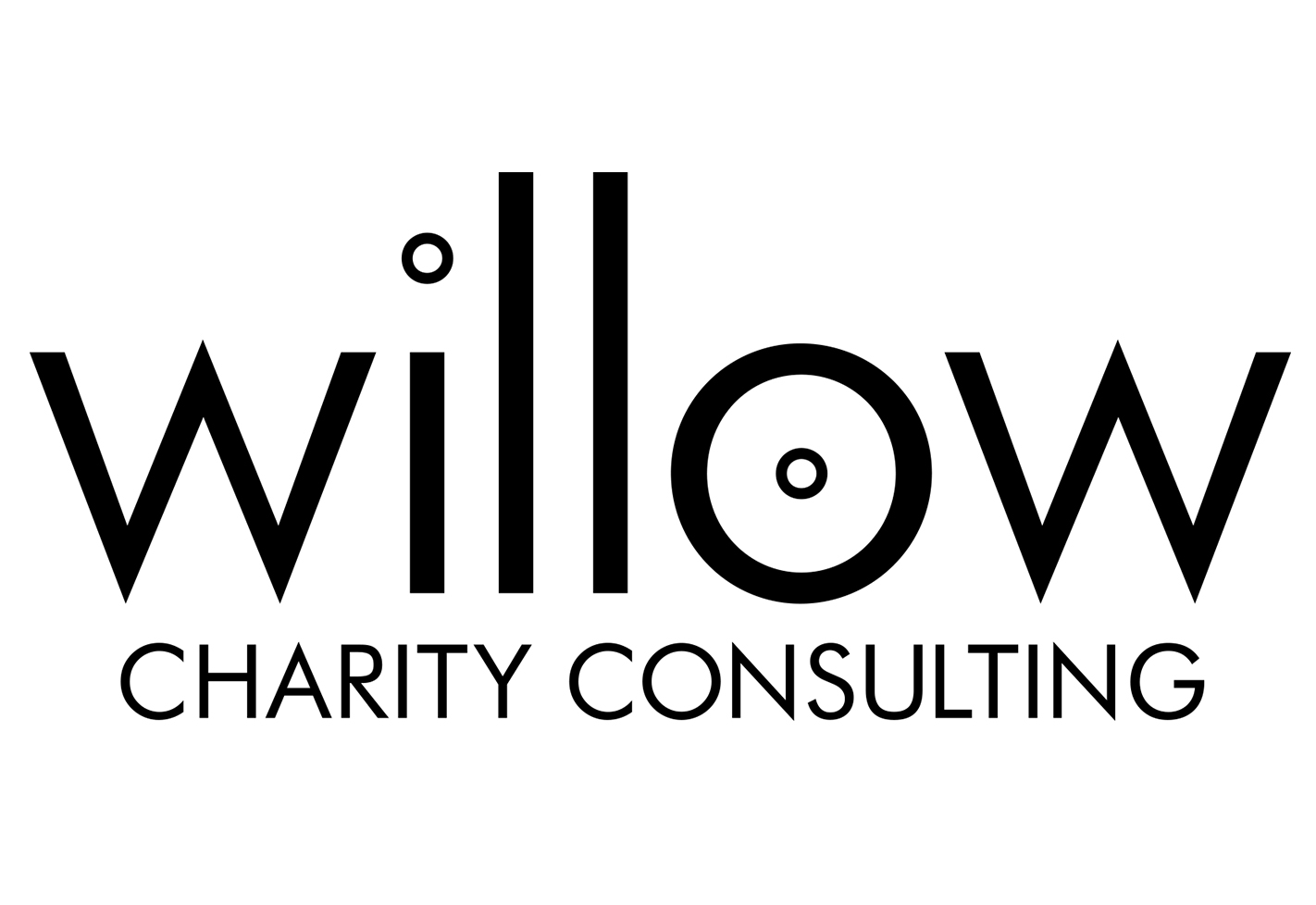Health Check Series Part 6
Say the words ‘budget’, ‘finances’ or ‘management accounts’, and most people’s attention starts to drift. Finances aren’t glamorous but, when it comes to charity accounting, they are of crucial importance.
Charities are under particular obligations to protect their finances, reflecting the trust that donors place in a charity.
The charity sector can only work and thrive if trustworthy financial systems are in place to ensure that money is spent wisely and carefully, and to protect charitable funds from misuse. Ultimately, the responsibility for ensuring these systems are in place lies with the Board of Trustees.
Through my work with small and medium charities, I regularly come across financial systems that don’t meet the required standards, creating substantial risks. Here are three common errors, along with their potential consequences:
-
Finances are handled by one person, without adequate checks or balances in place.
Having one person handle all the finances is easy and convenient, particularly in a charity with only a few hard-pressed staff, but it places both the charity and the individual concerned in a position of considerable risk. Everyone makes mistakes. Failing to have an adequate division of financial responsibility increases the risk that those mistakes won’t be identified. It also increases the risk of inaccurate accounts, difficulty fundraising where donors require evidence of good financial practices and, in the worst case, misuse of funds.
Even in a small charity, some element of dividing responsibility is an absolute must. This might involve allocating one person to approve payments and check financial reports and another to make and record financial activities. Where the organisation only has one staff member, identified Trustees may need to get involved more closely with the finances.
-
The Board operates as a rubber stamp for financial matters, with many Board members lacking the ability to read and analyse financial reports.
Financial documents can be confusing for those who are unfamiliar with them. However, being able to review annual budgets and regular financial reports is a crucial skill for Trustees. A failure of the Board to properly review finances could mean that false information is provided to the Charity Commission, funding is lost or, at worst, the charity faces bankruptcy. This might seem extreme but, unfortunately, I have come across it before.
To ensure that this is not the case, the first step is to ensure that there is a Treasurer on the Board. They don’t need to be a chartered accountant, but they must be able to read, understand and evaluate budgets and financial reports. The Treasurer isn’t the only one who needs to take the finances seriously. The whole Board should be able to review financial documents, so it may be worth providing some training to ensure that all Trustees are equipped to deliver their role.
-
The reserves are used for inappropriate purposes, rather than being held as an emergency fund to protect against unexpected crises.
Reserves are not there to fund the latest expansion or new project. Many small and medium charities aim for reserves equal to three months’ operating costs. This provides reassurance that the charity will continue to function despite inconsistent funding or a crisis, and that the beneficiaries will not suddenly be abandoned. Spending the reserves on something else means the charity doesn’t have this protection. If something goes wrong while reserves are low, the charity may not be able to continue functioning and may need to close down.
To ensure this does not happen, reserves should be kept strictly separate from other funds and only be used when absolutely needed.
Not so dull, after all!
Getting the processes in place might seem a little bureaucratic but it will push your charity to the next professional level. You’ll have confidence that your reports are accurate, your budgets are more realistic, your charity will be more attractive to funders and you’ll know exactly where you stand.
And there’s nothing boring about that!

If you need practical and affordable assistance with ensuring you have appropriate financial systems in place, or are interested in my comprehensive Charity Health Check tool, which includes a review of financial systems as well as many other key areas of charitable governance and organisational effectiveness, please get in touch with me, Felicia Willow, at Willow Charity Consulting.
THE HEALTH CHECK SERIES:
Part 1 Is your charity fighting fit?
Part 3 Heading in the right direction: Organisational effectiveness for small-medium charities
Part 4: Your greatest asset: why charities need to meet best practice HR standards
Part 5: Locking Horns: How to avoid conflict between the Board and staff

